Collaborative for Academic, Social and Emotional Learning (CASEL)
Social and emotional learning (SEL) is an integral part of education and human development. SEL is the process through which all young people and adults acquire and apply the knowledge, skills, and attitudes to develop healthy identities, manage emotions and achieve personal and collective goals, feel and show empathy for others, establish and maintain supportive relationships, and make responsible and caring decisions.
SEL advances educational excellence through authentic school-family-community partnerships to establish learning environments and experiences that feature trusting and collaborative relationships, rigorous and meaningful curriculum and instruction, and ongoing evaluation. SEL can empower young people and adults to co-create thriving schools.
Social and Emotional Learning has five competencies known as the CASEL 5.
The CASEL 5 address five broad and interrelated areas of competence and highlights illustrative examples for each: self-awareness, self-management, social awareness, relationship skills, and responsible decision-making.
The CASEL 5 can be taught and applied at various developmental stages from childhood to adulthood.
CASEL’s framework coordinates practices across key settings of classrooms, schools, families, and communities to enhance all students’ social, emotional, and academic learning.
Instructional Support Specialist:
- Nanette Valdez
SEL Instructional Support Teacher:
- Jessica LaPete
Social Emotional Behavioral Coaches:
- Olga Barreto
- Priscilla Jurado
- Danielle Leon
- Oakley Martinez
- Emily Rau
As a part of the Whole Child Department, Social and emotional learning (SEL) is an integral part of education and human development. SEL is the process through which all young people and adults acquire and apply the knowledge, skills, and attitudes to develop healthy identities, manage emotions and achieve personal and collective goals, feel and show empathy for others, establish and maintain supportive relationships, and make responsible and caring decisions.
The Whole Child Department is focused on aligning wrap-around systems of support to improve each child’s cognitive, physical, social and emotional development.
Whole Child programs include Behavior Education, Health Services, the School Age Parenting Program (SAPP), the Connections Program, Family Engagement (Title 1 & 3, Newcomer, Pre-K support & Northside Threads Clothing Closet), Even Start Family Literacy, Counseling & Social Emotional Learning.
